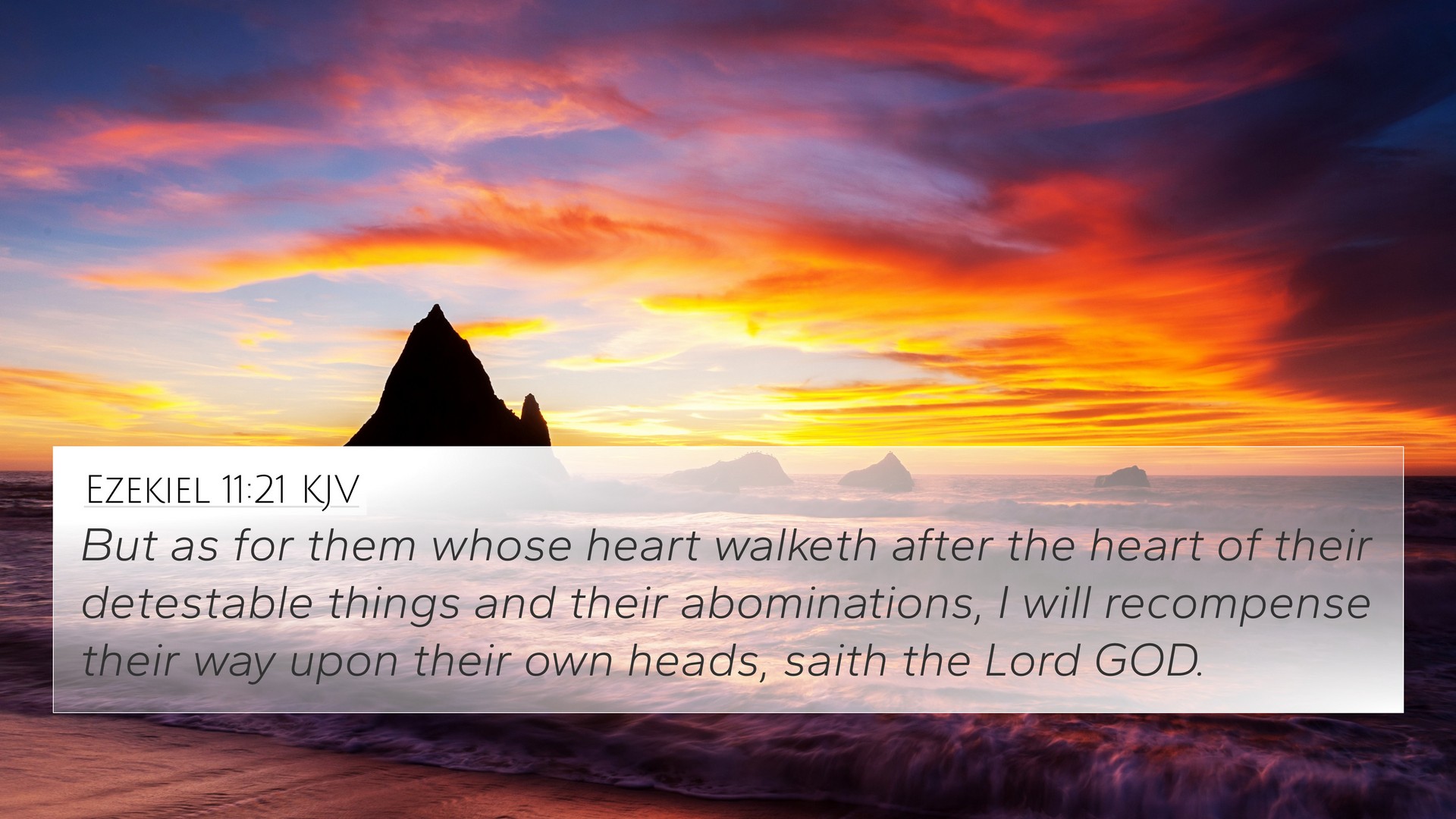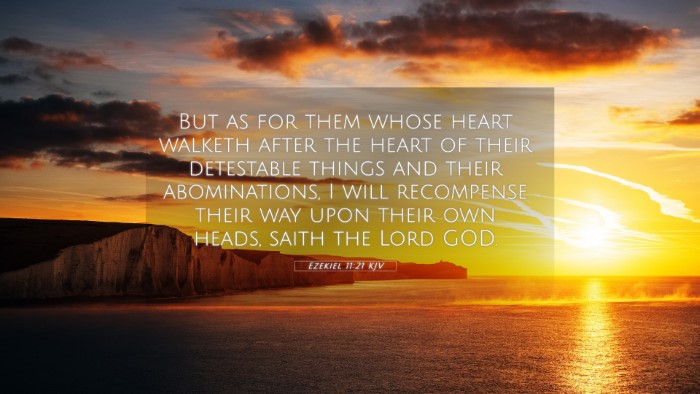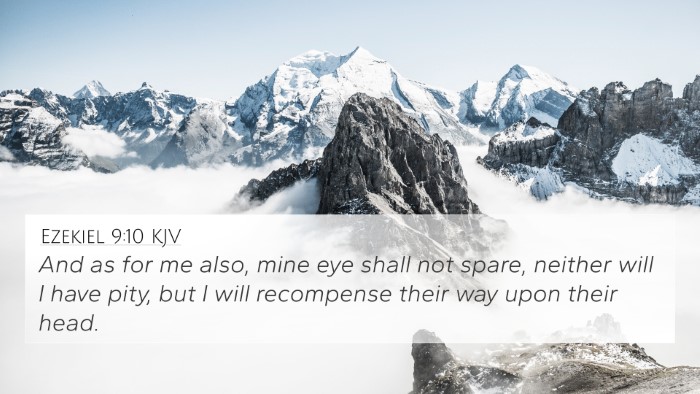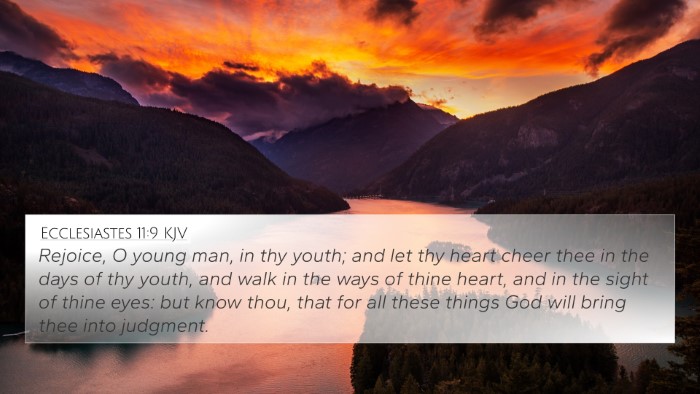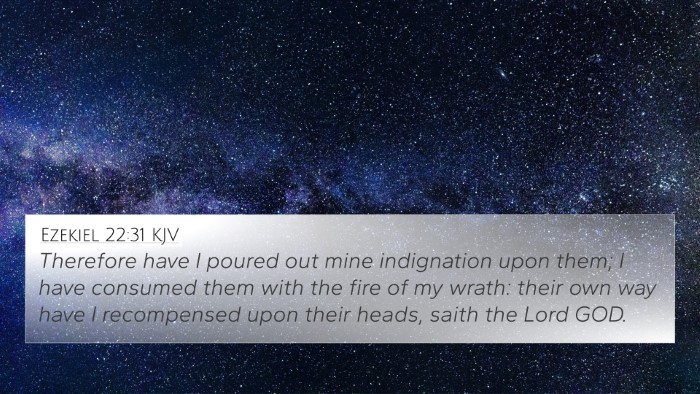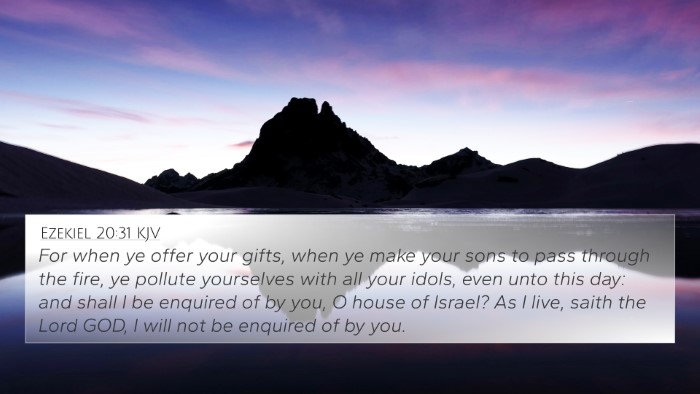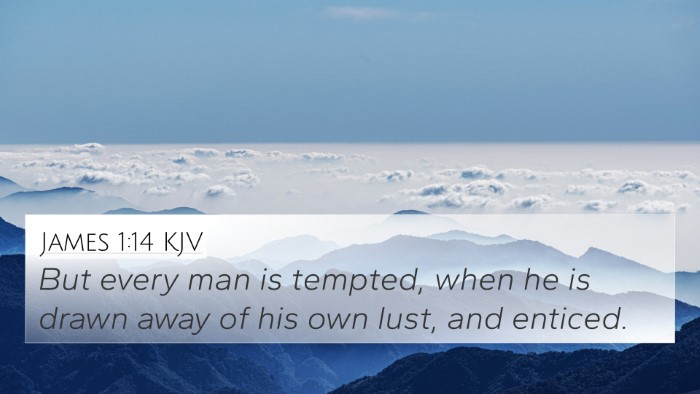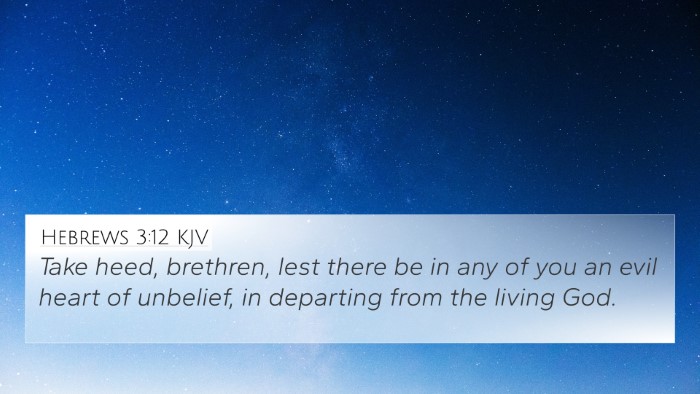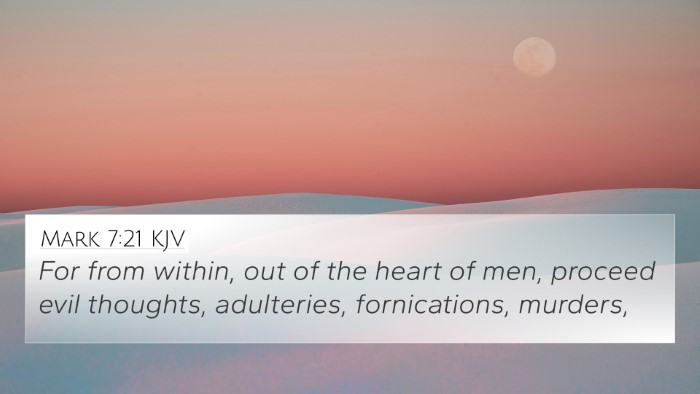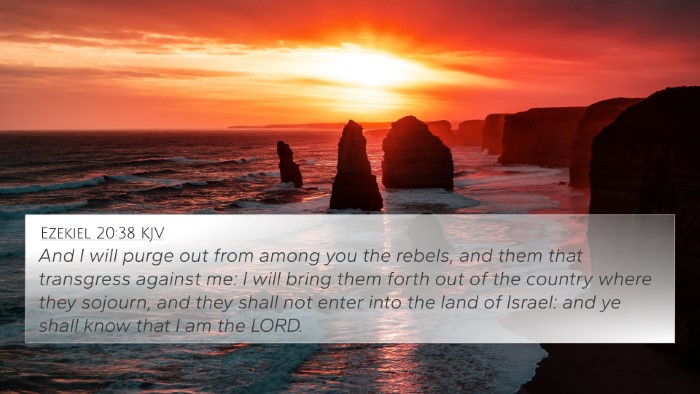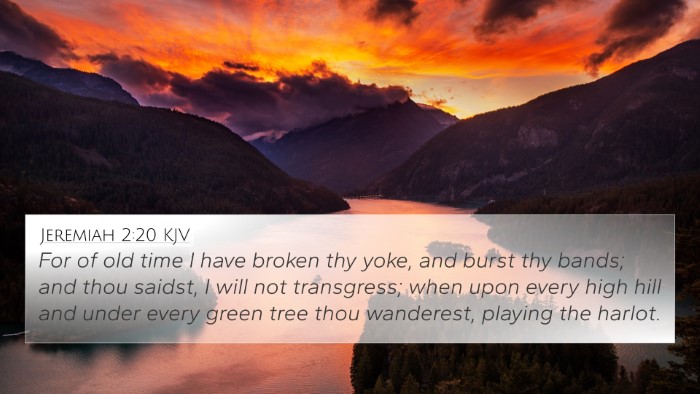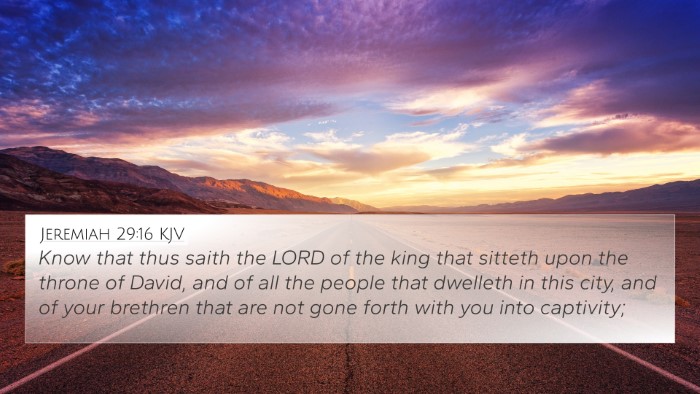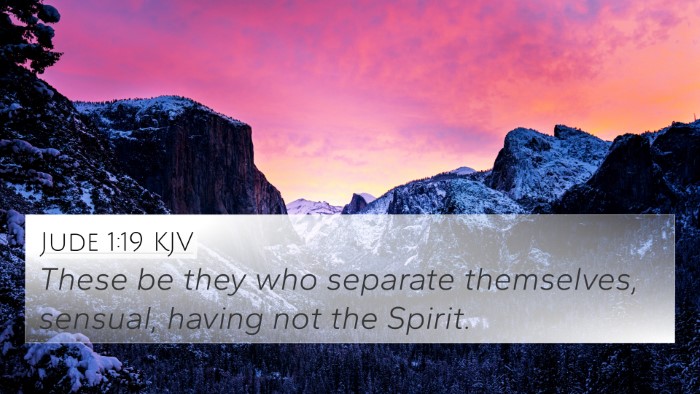Ezekiel 11:21 - Understanding the Significance
Verse: "But as for those whose hearts go after their detestable things and their abominations, I will bring their conduct down upon their own heads, declares the Sovereign Lord." (Ezekiel 11:21, NIV)
Summary of the Verse's Meaning
This verse encapsulates God's judgment on the inhabitants of Jerusalem who are unfaithful. Their desire for abominable practices shows a clear rejection of God’s ways. In consequence, God declares that they will reap what they sow; their detestable actions will result in their downfall. This serves as a strong reminder of divine justice and personal responsibility in one’s relational dynamics with the divine.
Insights from Public Domain Commentaries
Matthew Henry's Commentary
Henry emphasizes the conditional aspect of God’s promise, highlighting that the fate of the people directly correlates to their choices. He notes that God's patience has limits, and those who persist in their rebellious ways invite judgment upon themselves. Henry illustrates this principle, suggesting that a heart set on evil ultimately leads to one's own destruction.
Albert Barnes' Commentary
Barnes reflects on the nature of the heart’s desires, informing that it is not merely the actions but the motivations behind them that God judges. He points out that this passage reveals a profound truth: God’s laws are not arbitrary but linked to the very character of God Himself. The consequences outlined serve not just as punishment but also as a means of correction meant to bring the errant back to God.
Adam Clarke's Commentary
Clarke emphasizes the metaphorical aspect of 'bringing their conduct down upon their own heads.' He suggests that this language signifies a return of judgment corresponding to their deeds. This personalized judgment illustrates the justice of God, ensuring that one’s actions have definitive consequences, as highlighted by both personal and communal aspects of sinfulness.
Cross-References to Consider
- Galatians 6:7: "Do not be deceived: God cannot be mocked. A man reaps what he sows."
- Proverbs 1:31: "They will eat the fruit of their ways and be filled with the fruit of their schemes."
- Romans 2:6: "God will repay each person according to what they have done."
- Jeremiah 32:30: "The people of Israel and Judah have done nothing but evil in my sight from their youth."
- Hosea 8:7: "They sow the wind and reap the whirlwind."
- Psalm 7:16: "The trouble they cause recoils on them; their violence comes down on their own heads."
- Matthew 12:36: "But I tell you that everyone will have to give account on the day of judgment for every empty word they have spoken."
- Revelation 21:8: "But the cowardly, the unbelieving, the vile, the murderers, the sexually immoral, those who practice magic arts, the idolaters and all liars—they will be consigned to the fiery lake of burning sulfur. This is the second death."
- Isaiah 3:11: "Woe to the wicked! Disaster is upon them! They will be paid back for what their hands have done."
- James 1:15: "Then, after desire has conceived, it gives birth to sin; and sin, when it is full-grown, gives birth to death."
Connections Between Scripture and How They Relate
The themes established in Ezekiel 11:21 resonate throughout both the Old and New Testaments. The notion of accountability for one's actions is a pervasive biblical theme that underscores the importance of aligning one’s heart and intentions with divine will. Understanding these connections through thematic elements such as judgment, destruction for unfaithfulness, and the principle of reaping what one sows can deepen comprehension and personal application.
Linking Bible Scriptures
The relationship between Ezekiel 11:21 and the aforementioned references draws a comprehensive picture of God’s justice throughout biblical history. Each reference enhances the understanding of divine expectations concerning human conduct and serves as a cautionary reminder of what lies ahead for those who stray from obedience.
Tools for Comparative Bible Verse Analysis
For a deeper study on linking Bible scriptures, utilizing tools such as a Bible concordance or a Bible cross-reference guide can be immensely beneficial. Engaging with these resources enhances one's ability to conduct a cross-reference Bible study, allowing for a thorough examination of how different verses interconnect, particularly regarding themes of judgment and personal accountability.
Concluding Thoughts
In conclusion, Ezekiel 11:21 stands as a testament to God’s unwavering justice. The connection to other scriptures enriches our understanding of God’s principles in both historical and contemporary contexts. By engaging with these themes through scriptural cross-referencing and exploring the connections between Bible verses, one can nurture a deeper relationship with God, rooted in understanding the implications of one's actions and the heart's intentions.
